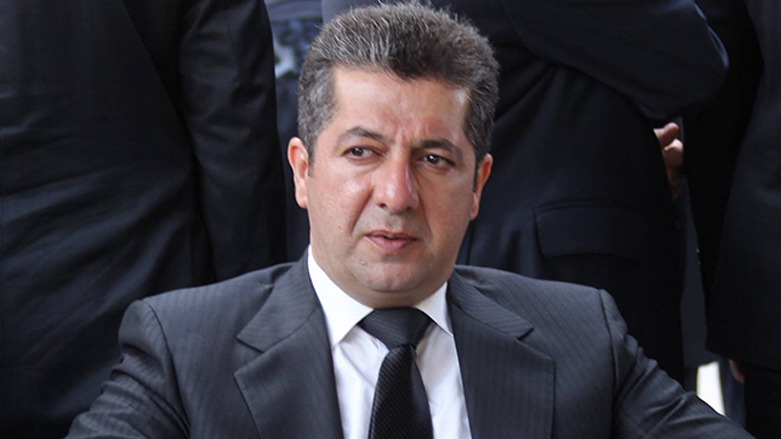KRG ‘stands ready’ to provide care, assistance, PM Barzani says on Baghdad’s bloody attacks

ERBIL (Kurdistan 24) – The Kurdistan Regional Government (KRG) “stands ready” to provide care and assistance, Prime Minister Masrour Barzani said on Thursday following the deadly suicide attacks that hit Iraq’s capital Baghdad earlier in the day.
In a tweet following the bloody twin explosions, which killed at least 28 people and wounded many others, Prime Minister Barzani expressed that his government “stands ready to help provide care and assistance,” as he extended his “sympathy to the victims and their families and [wished] them strength in this difficult time.”
“A terrorist attack was carried out by two suicide bombers who detonated themselves when pursued by security forces in the Bab al-Sharqi area in Baghdad,” Yehia Rasool, the military spokesperson for Iraq’s Commander-in-Chief Mustafa al-Kadhimi, tweeted following the deadly attacks on Thursday.
No entity has claimed responsibility for the incident yet.
Read More: Twin bombing in Baghdad leaves at least 28 dead, Iraq’s military says
In a meeting on Wednesday with foreign diplomats based in the Kurdistan Region, Prime Minister Barzani warned that “ISIS remains a serious, ongoing threat,” reiterating the importance of cooperation and coordination to defeat the threat of terrorism.
The attacks come following a period of improved security in the Iraqi capital, which returned a sense of sanctuary among residents who have witnessed repeated car bombs, sectarian clashes, and political assassinations since the fall of former dictator Saddam Hussein in 2003.
Following the territorial defeat of the so-called Islamic State, the group has instigated several hit-and-run attacks on remote areas of the country. The group’s sleeper cells still pose a threat to the urban areas, according to security experts.
Editing by Karzan Sulaivany
